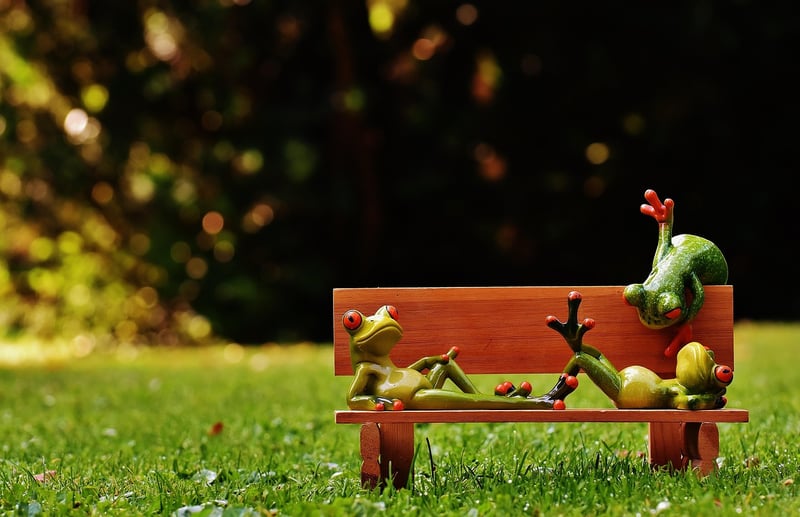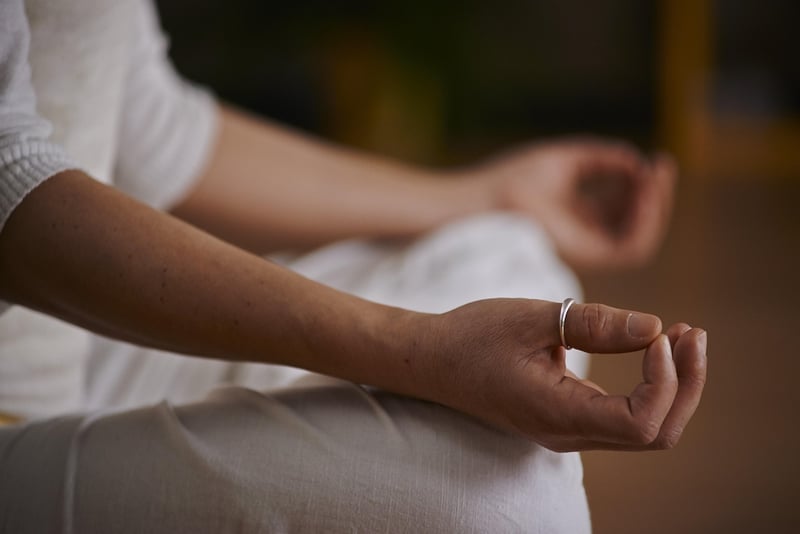Restorative Practice
The Importance of Physical and Mental Balance in Restorative Practice
Restorative practice is a holistic approach that aims to create a sense of harmony and well-being by focusing on both physical and mental balance. It emphasizes the connection between the mind and body, recognizing that they are intricately linked and influence each other's well-being.
Physical Balance
Physical balance is crucial for overall health and vitality. It involves maintaining a healthy lifestyle through proper nutrition, regular exercise, and adequate rest. When our bodies are in balance, we feel more energized, focused, and able to cope with stress effectively.
One way to achieve physical balance is by incorporating activities like yoga, tai chi, or Pilates into your routine. These practices not only help improve flexibility and strength but also promote relaxation and mindfulness, leading to a greater sense of well-being.

Mental Balance
Mental balance is equally important for overall wellness. It involves managing stress, cultivating positive emotions, and fostering a sense of inner peace. When our minds are balanced, we are better equipped to handle challenges, make decisions, and maintain healthy relationships.
Practices like meditation, journaling, or mindfulness can help cultivate mental balance by fostering self-awareness, emotional regulation, and resilience. These techniques promote a calm and focused mind, reducing anxiety and improving overall mental health.

Restorative Practice
Restorative practice combines physical and mental balance to create a harmonious state of well-being. By integrating activities that promote both physical and mental health, individuals can experience a sense of wholeness and vitality.
It is essential to prioritize self-care and incorporate restorative practices into your daily routine to maintain balance and prevent burnout. Taking time for yourself, practicing self-compassion, and engaging in activities that bring you joy are all vital components of restorative practice.

By nurturing physical and mental balance through restorative practice, individuals can enhance their overall well-being, improve their quality of life, and cultivate resilience in the face of life's challenges.
Remember, finding balance is an ongoing process that requires self-awareness, intention, and commitment. Embrace restorative practices that resonate with you and make them a priority in your daily life for a happier, healthier you.
